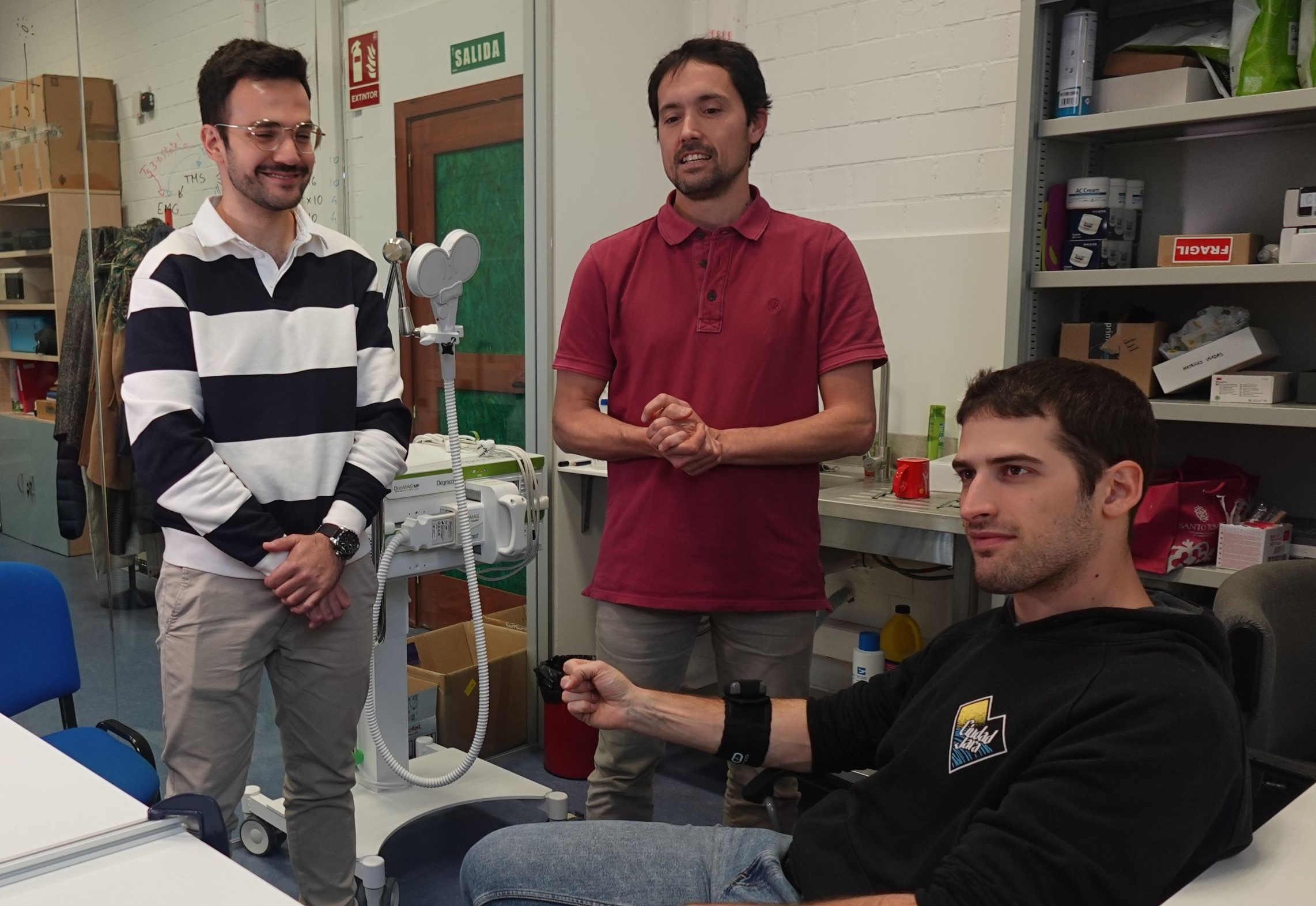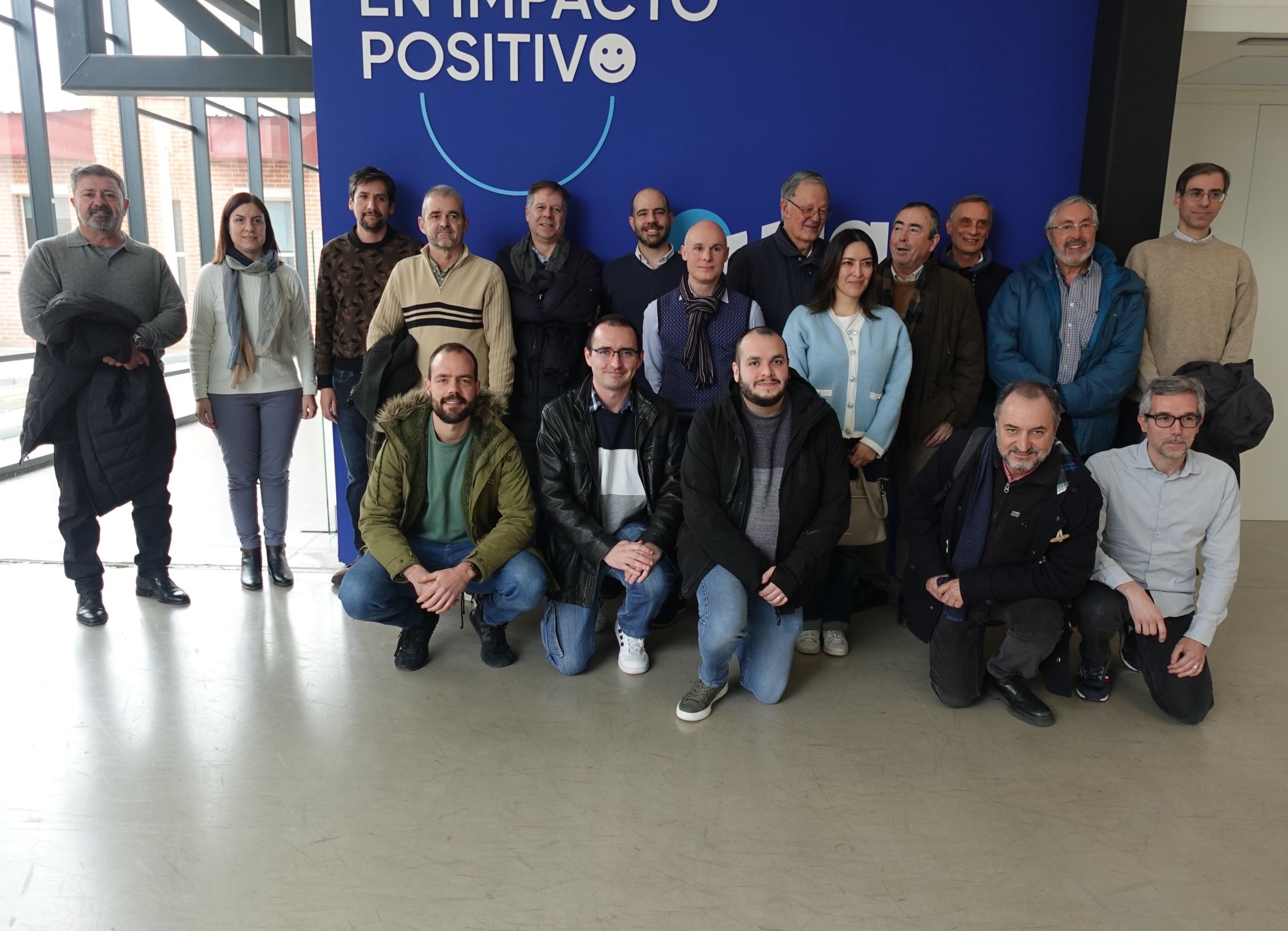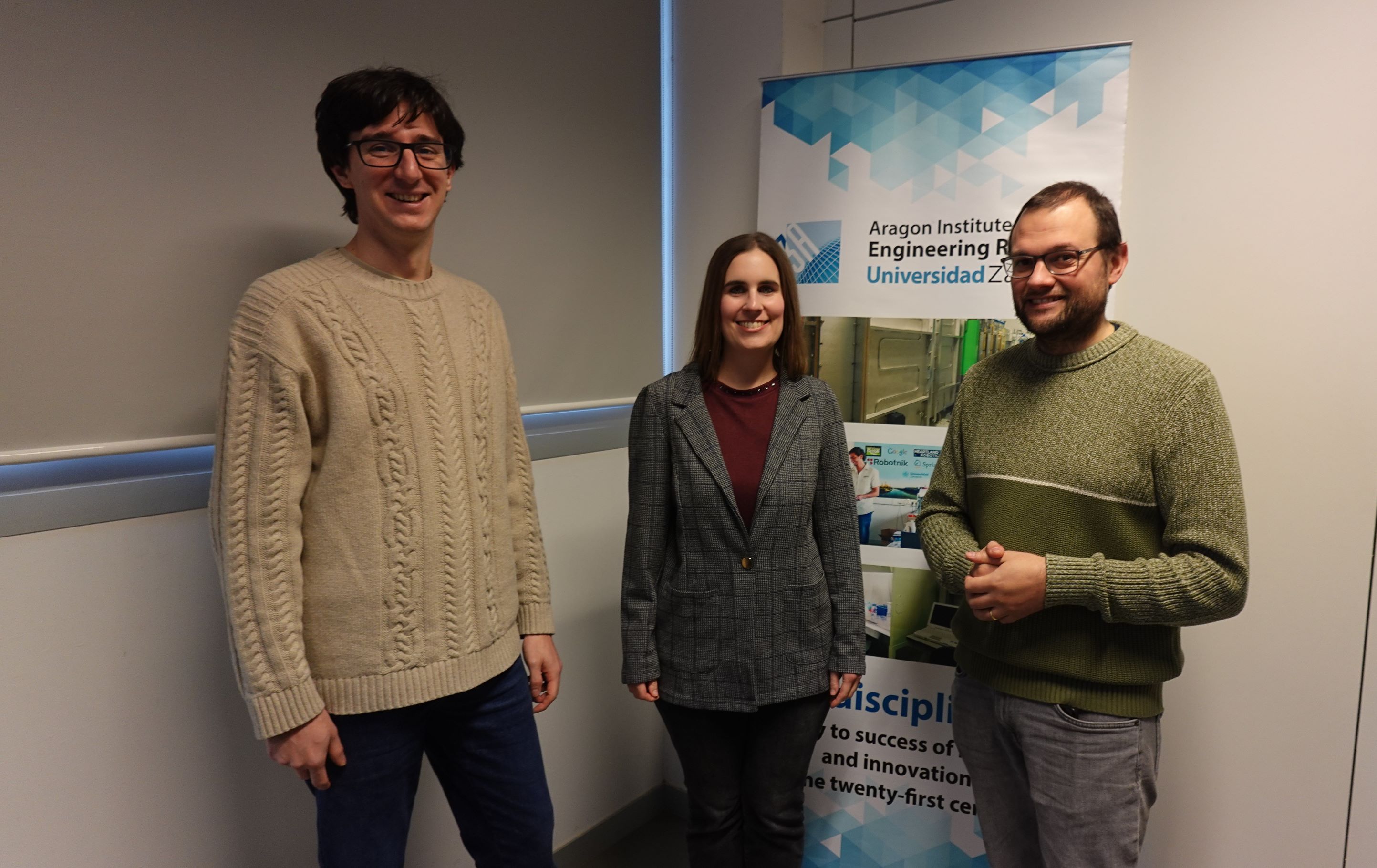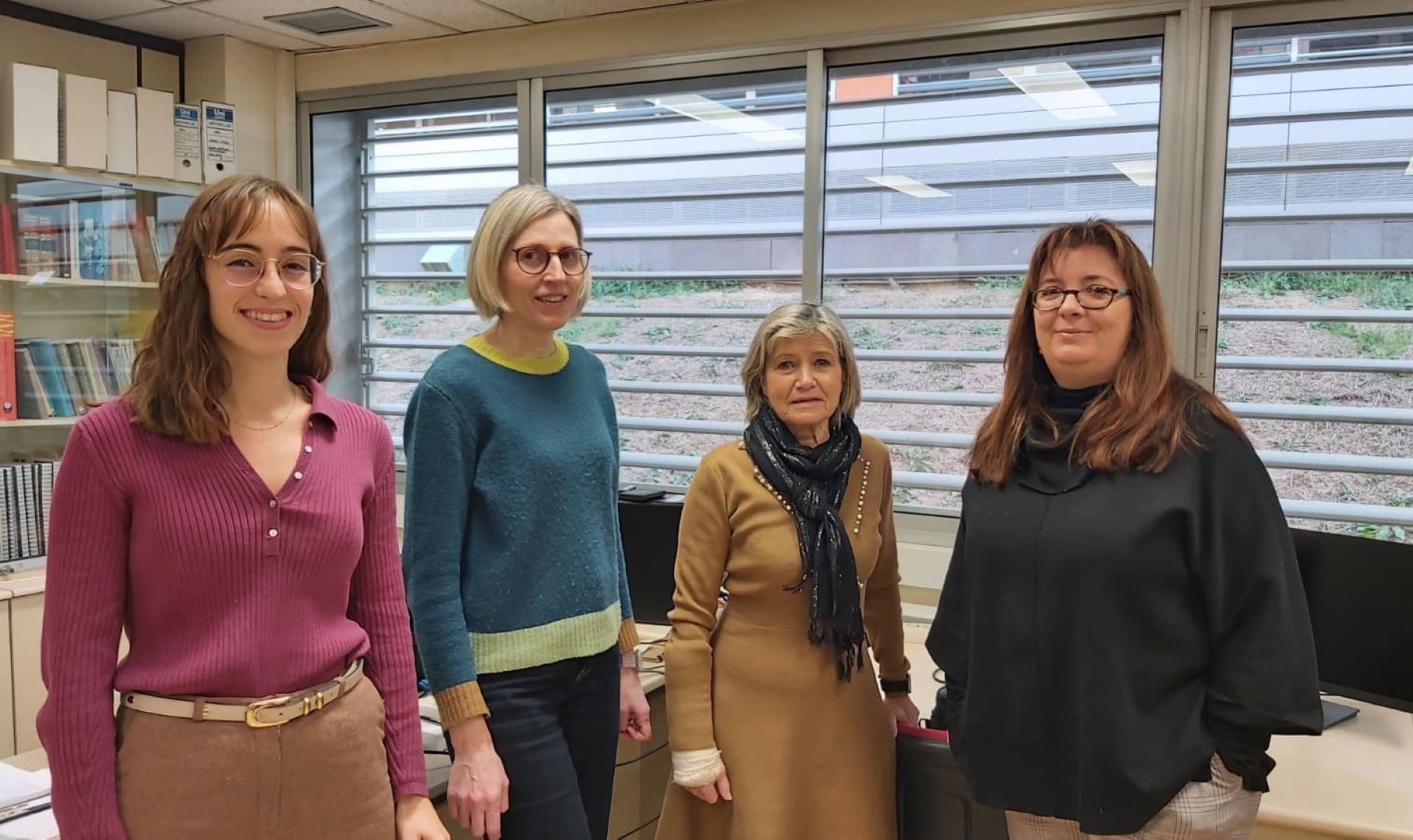
Research in Robotics, Computer Graphics, Computer Vision and Biomedical Engineering at the University of Zaragoza are at the top of the EduRank ranking in Spain. These are four of the scientific areas in which the Aragon Institute for Engineering Research (I3A) works. In addition, it is in eighth place in Engineering.
EduRank.org is an independent metrics-based ranking of 14,131 universities in 183 countries. It uses a proprietary database with an index of 44,909,300 scientific publications and 1,237,541,960 citations to rank universities in 246 research topics. In the overall rankings, it adds indicators of non-academic prominence and alumni popularity.
According to this ranking, the University of Zaragoza is the best in Spain in research in Robotics, Computer Graphics and Computer Vision, subjects that also represent the body of knowledge of a master's degree taught at the School of Engineering and Architecture (EINA) and coordinated by José Neira, professor and researcher at the I3A, who explains that the research work carried out at this university "is the most cited in the world of those carried out in Spain in these areas. Like all rankings, it provides a partial view of research work, but it is a view that complements other very positive indicators, such as the capacity to attract research resources or cooperation with research groups and companies of great local, national and international relevance.
The I3A research groups involved in the master's degree have a consolidated track record of excellence in research, RoPERT, GILAB and GAZ, "have researchers who are among the most cited in their disciplines and who have received important international recognition", says Professor Neira, who recalls the possibilities of transmitting their knowledge in the master's degree, where they study the most advanced location algorithms for autonomous vehicles, how to visualise scenes without direct line of sight or how to build models of the interior of the human body for high-precision medical interventions, among other subjects.
In this respect, as coordinator of the Master in Robotics, Graphics and Computer Vision, José Neira underlines the importance of having a programme of these characteristics, "it is allowing us to attract and maintain local talent, as half of the students continue their doctoral studies with us". In addition, "it contributes to the survival of the research groups and, therefore, of the teaching and research staff of the University of Zaragoza, without forgetting its contribution to the business fabric, with the incorporation of national and international technology companies and, I am happy to say, also local ones, more than a dozen technology companies based in Zaragoza have already incorporated them into their staff".
Likewise, the EduRank ranking places Biomedical Engineering research at the University of Zaragoza in first place in Spain. This area constitutes one of the divisions of the I3A, of which 13 research groups form part, and is also the basis of a Master's and PhD programme of the same name taught at the EINA and I3A, respectively.
María Ángeles Pérez Ansón, coordinator of the Biomedical Engineering Division of the I3A stresses the importance of being reflected "in first place in Spain, in 60th place in Europe and among the 200 in the world. It is surely an indication that things are being done well in both teaching and research in this field".
The University of Zaragoza has been working in Biomedical Engineering for many years, "in its day, it attracted talent, the training given at the EINA is good and cutting-edge research is carried out that is very oriented towards personalised medicine", Pérez Ansón points out.
He also stresses that research in Biomedical Engineering has managed to attract important funds such as several ERC Starting, ERC Advance and Proofs, European doctoral networks Marie Curie, ITN, and DN, as well as other disruptive collaborative projects in this field. "I think this has combined very well with the teaching behind it, both in the Master's and the PhD in Biomedical Engineering, which has also been very active for many years".




